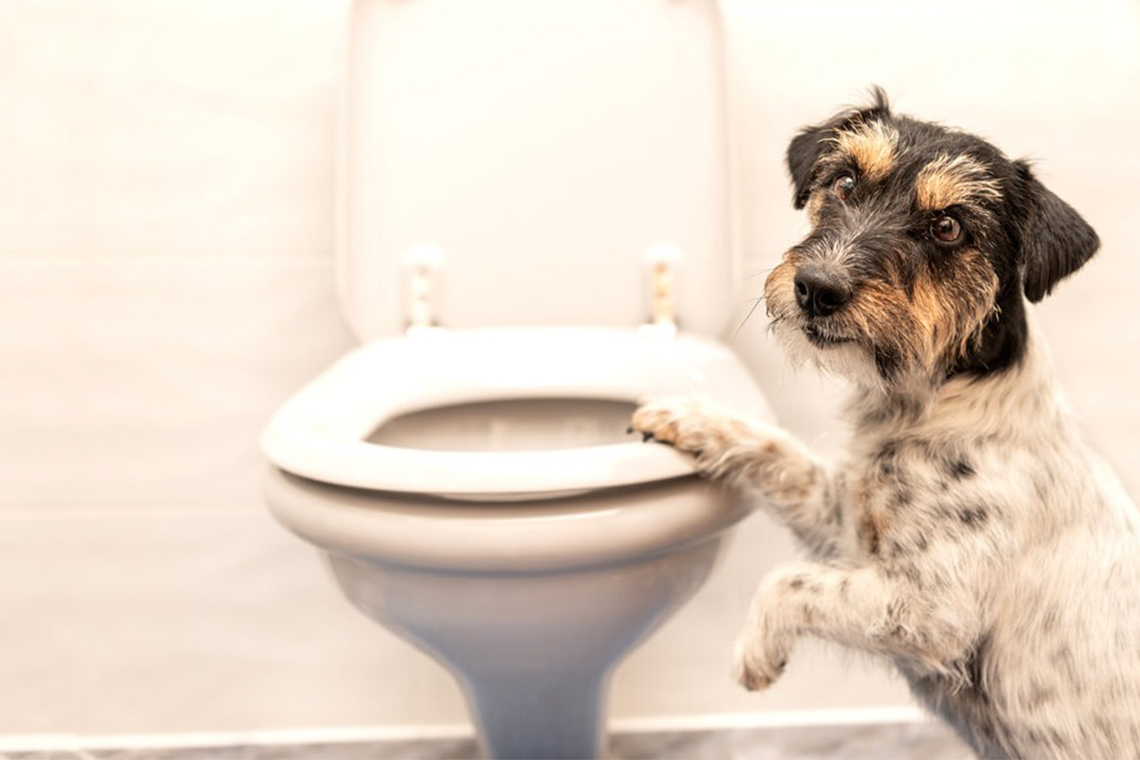Help your furry friend find relief with these tips for combating dog constipation
Dogs are man’s best friend, and for good reason. They are loyal, loving, and can be a great source of companionship. However, being a dog owner also comes with its fair share of responsibilities, including making sure that your furry friend is healthy and happy. One of the most important things to keep an eye on is their bowel movements. If you notice that your dog is not pooping as regularly as they should, it can be a cause for concern. In this blog, we will discuss some of the common reasons why your dog may not be pooping, and provide solutions to help get them back on track.
Before we dive into the reasons why your dog may not be pooping, it’s important to understand what is considered normal for your dog’s bowel movements. Most dogs will poop at least once a day, although some may go as many as two to three times a day. The frequency of their bowel movements can vary based on factors such as age, diet, and activity level. If your dog is going longer than 24 hours without pooping, it’s a good idea to start paying closer attention and try to identify the cause.

Dietary changes
One of the most common reasons why a dog may not be pooping is due to a change in their diet. This can happen if you’ve recently switched their food or if they’ve gotten into something they shouldn’t have. Dogs are creatures of habit, and sudden changes in their diet can disrupt their digestive system. If your dog has recently switched to a new food, try to gradually transition them over the course of a week or two. This will give their digestive system time to adjust to the new food and can help prevent any digestive issues.
Solution: If you suspect that your dog’s diet is the cause of their constipation, try adding some fiber to their diet. Canned pumpkin (not pumpkin pie filling), sweet potatoes, and green beans are all great sources of fiber that can help get things moving again. You can also try adding a tablespoon of olive oil to their food to help lubricate their digestive tract.
Dehydration
Another common cause of constipation in dogs is dehydration. If your dog is not drinking enough water, their stool can become hard and difficult to pass. This can happen if they’re not getting enough water in their diet or if they’ve been engaging in activities that have caused them to sweat excessively.
Solution: The easiest solution to dehydration is to make sure that your dog has access to plenty of fresh, clean water at all times. If your dog is not drinking enough water, try adding a small amount of low-sodium chicken broth to their water bowl. This can make the water more appealing and encourage your dog to drink more.
Lack of exercise
Exercise is important for dogs for a variety of reasons, including maintaining a healthy weight, keeping their muscles strong, and promoting good digestive health. If your dog is not getting enough exercise, it can cause their digestive system to slow down, which can lead to constipation.
Solution: Try to make sure that your dog is getting enough exercise each day. This can be as simple as taking them for a walk around the block or playing a game of fetch in the backyard. If your dog is older or has health issues that prevent them from engaging in more strenuous activities, try to find low-impact exercises that they can do, such as swimming or gentle stretching.
Medical issues
If your dog’s constipation persists despite your best efforts, it’s possible that there may be an underlying medical issue. Some common medical issues that can cause constipation in dogs include:
- Anal gland problems
- Intestinal obstructions
- Tumors or other growths
- Neurological issues
Solution: If you suspect that your dog may have a medical issue, it’s important to take them to the vet as soon as possible. Your vet will be able to perform a thorough exam and run any necessary tests to help identify the cause of your dog’s constipation. Depending on the underlying issue, treatment may include medication, surgery, or other interventions.

Anxiety or stress
Just like humans, dogs can experience anxiety and stress, which can lead to a variety of health issues, including constipation. If your dog is experiencing anxiety or stress, it can cause their digestive system to slow down, leading to constipation.
Solution: If you suspect that your dog’s constipation is due to anxiety or stress, try to identify the source of the problem and take steps to address it. This may include providing your dog with a comfortable, safe space to relax, using calming aids such as pheromone sprays or supplements, or working with a professional dog trainer or behaviorist.
Medications
Certain medications can also cause constipation in dogs. If your dog is taking any medication, it’s important to be aware of the potential side effects, including constipation.
Solution: If you suspect that your dog’s constipation is due to medication, talk to your vet about possible alternatives or solutions. In some cases, your vet may be able to adjust the dosage or frequency of the medication to help alleviate constipation.
Aging
As dogs age, their digestive system can slow down, leading to constipation. This is especially common in senior dogs or dogs with underlying health issues.
Solution: If your senior dog is experiencing constipation, it’s important to work closely with your vet to manage their health and address any underlying issues. Your vet may recommend dietary changes, supplements, or other interventions to help keep your senior dog healthy and comfortable.
To Conclude
Constipation can be a frustrating and uncomfortable issue for dogs and their owners alike. However, by understanding the common causes and solutions, you can help keep your dog’s digestive system healthy and running smoothly. If your dog is experiencing constipation, it’s important to pay attention to their behavior and seek veterinary care if necessary. With proper care and attention, you can help keep your furry friend healthy and happy for years to come.












